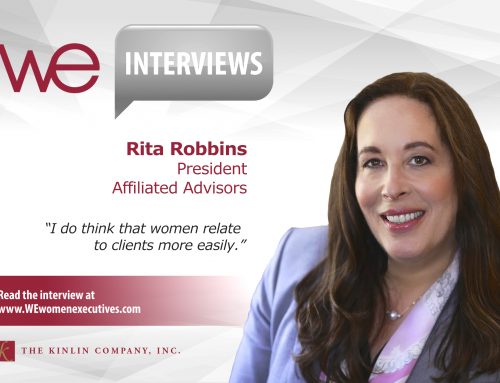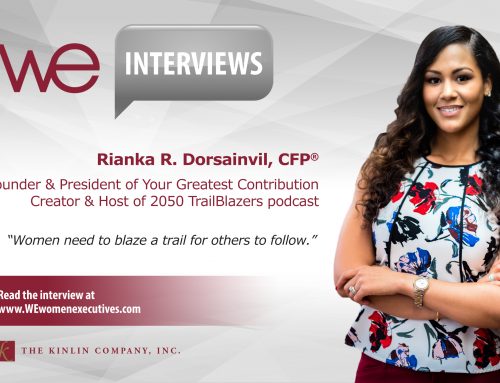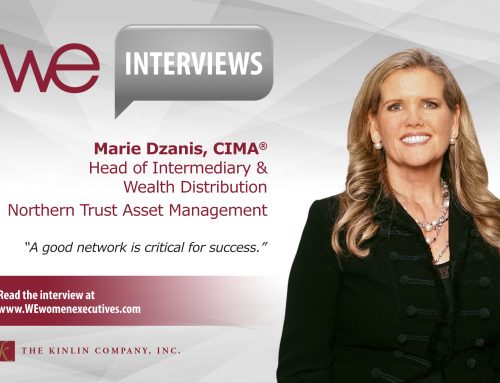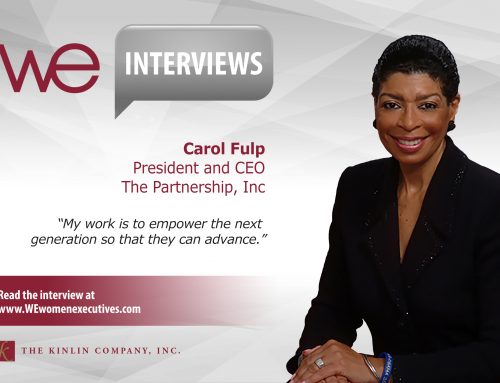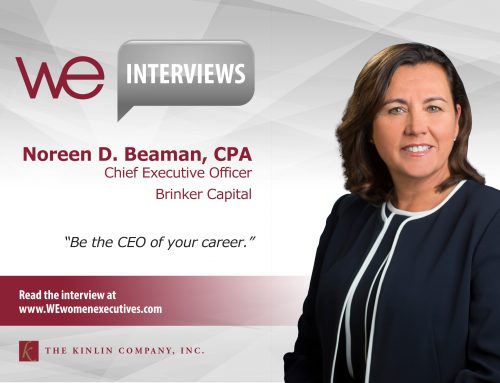Maliz Beams
CEO
ING Retirement
When Maliz Beams, CEO of ING Retirement, one of the most influential women in the highly competitive retirement industry, and twice named one of the “25 Most Powerful Women in Finance,” shares career advice for women, it is probably a good idea to listen carefully.
Get experience running a P&L
About 25 years ago, Ken Chenault, now the Chairman and CEO of American Express, gave Beams a crucial piece of advice, “Just for your own career flexibility, get experience running a P&L. That gives you flexibility at the mid or senior level.” Beams continues, “I have found that women typically advance to senior management positions vertically – often in Marketing, HR, Operations, or Legal. Then, when they get to a certain level in their career and want to run a P&L, they frequently have to go several major steps back to do it. My theory is that women who are seriously interested in a senior management career anywhere need to plot a course ensuring they have the flexibility as they move up. Having line experience and trying to get this experience sooner rather than later in your career – owning a P&L – helps a great deal in gaining career flexibility and momentum.”
Sustainable Transformational Change Can Only Happen When There Is Trust
Beams is no stranger to the difficulties of instituting transformational change within a company. Beams states, “There is only a very small success rate for sustainable organizational transformation – I would say less than 10% of attempts succeed. The key determinant isn’t a good strategy, although that is vital. The essential factor is for the leader of that change to have earned the trust of the organization.” A leader driving sustainable change must be able to convince everyone in the company, “from an administrative assistant to top executives and board level constituents” to believe that change is required and to build trust in the team’s ability to achieve that change. “Realize that sometimes you need to go slow to go fast. Start with a fact based rationale/strategy, and take the time to identify and address obstacles/objections – no matter how irrelevant or insignificant they seem to you, they exist for a reason. Remember, you never stop learning, adjusting, and focusing the organization on the end goal. Think patience, persistence, and focus.”
You Get Points For Asking
When you have performed well, you get points for asking about next steps. Women and men sometimes both fall short on this skill, but there is some evidence that women are particularly reluctant to take on this challenge and conflict. But, Beams cautions, how and when you ask is as essential as the act of asking. “You have to ask in the ‘right way’, in a sophisticated way, in a fact based way, that continues to build organizational trust in the relationship. You have to be non-confrontational, but firm.” Asking third-party advice can be helpful either through a mentor, partner, or outside specialist.
Get Advice and Advisors
When Beams casually mentions those who have taught her valuable lessons throughout her career, they are the titans of the industry. One of her most important advisors in recent years has been Herb Allison, former head of TIAA-CREF and Merrill Lynch. “I’ve had many good advisors and friends, but why Herb Allison stands out for me is: A) He is not only brilliant, but very fact-based. B) He deservedly has earned over the past 30+ years a position as an icon in the industry. There have been books and case studies written about what he has accomplished, and most importantly how he has accomplished it. His reputation, from Washington, D.C., to turning around TIAA-CREF, and restructuring Fannie Mae and TARP, is unquestioned. What I really respect is his authenticity, his integrity, his transparency, his centricity around the mission, and his ability to successfully lead deep, structurally complex industry transformations. One of the most meaningful compliments I have received in my career is that Herb refers to me as one of the top 5 business managers he has ever worked with.” One last note Beams points out is that you need to obtain a broad range of advisors with different points of view and perspectives. This is important from a career point of view, and in terms of successfully leading an organization.
Avoid a Losing Position
When recruiting for any job or evaluating any kind of promotion, Beams requires that search firms present her with a diverse slate of candidates. “From my standpoint, if your business is going to serve any kind of client base, or outside constituency, it is important to have a diversity of perspectives and expertise at the table inside the business.” Beams is strongly against picking a candidate if they are not the best person for the job. “In my career, I have seen women and diverse candidates hired because the company thinks it is important to get that diversity ‘in there’ for appearances’ sake. However, if the readiness is not there, then, forget about appearances, it’s the worst thing you can do for that candidate and for other women and diversity candidates to put someone in that position who is not capable and respected. It’s a position to fail. In today’s environment we are lucky to have diverse candidates who are exceptionally qualified. We need to keep encouraging that, and developing that, but through proven performance.”


